Cast + Creative
Cast
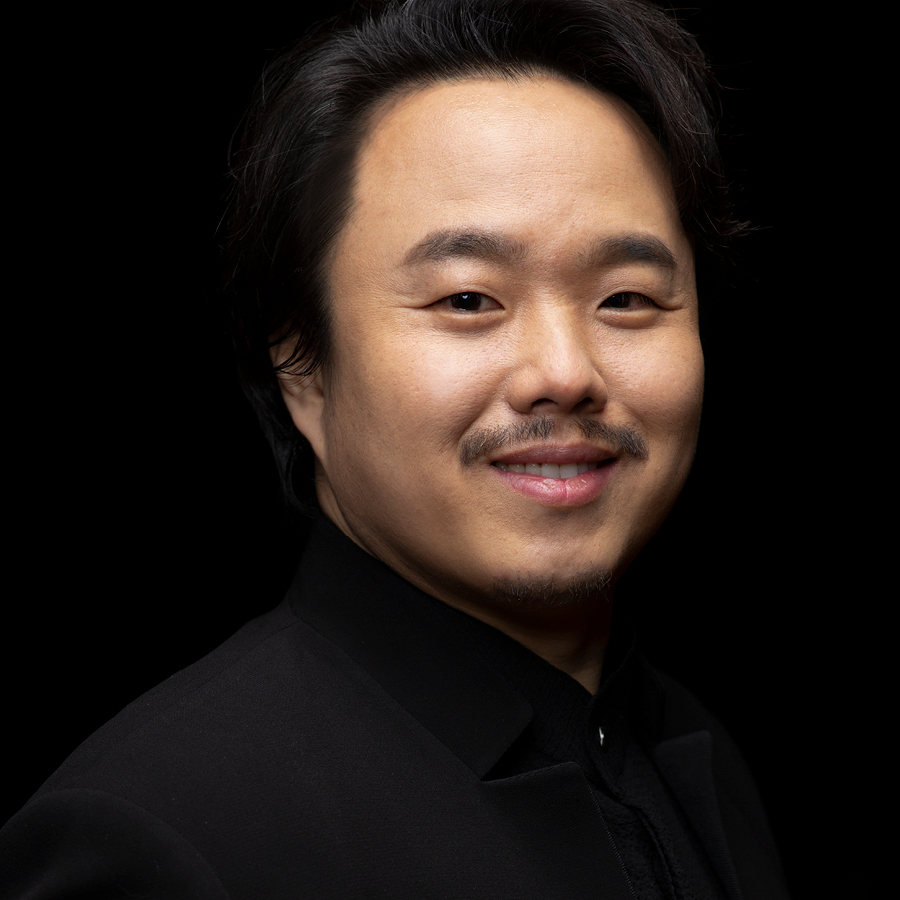
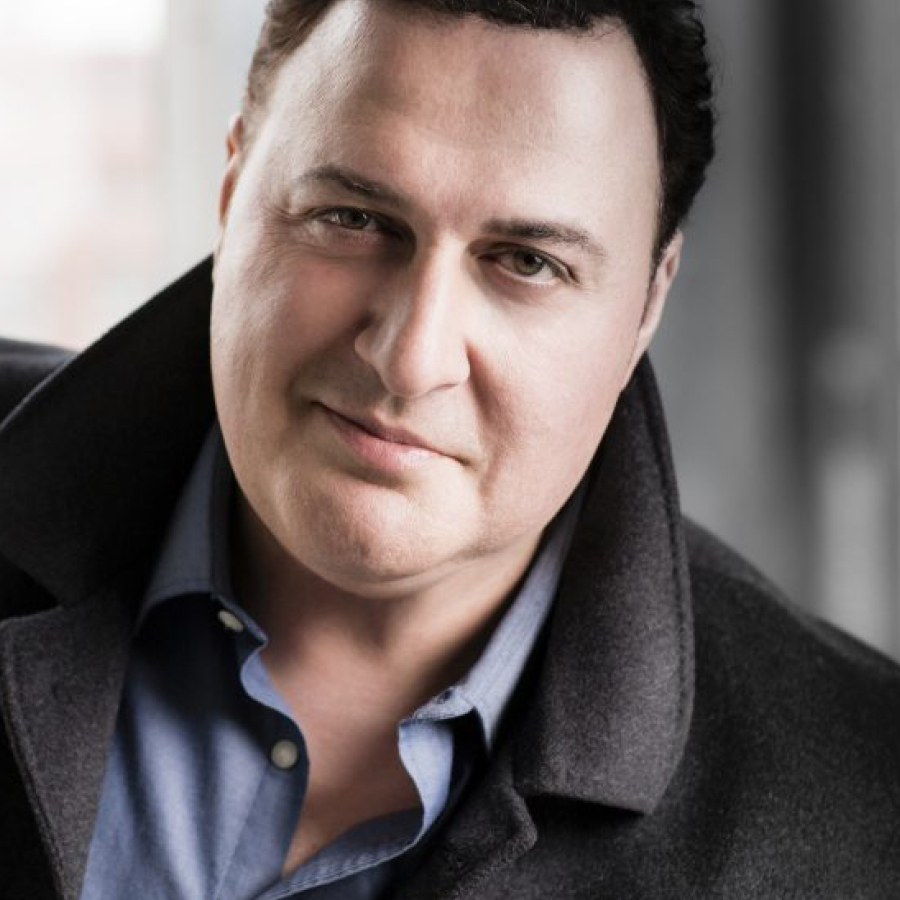
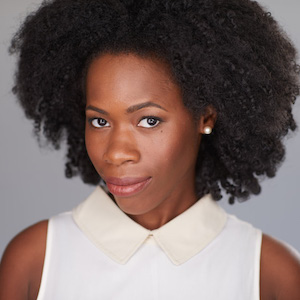
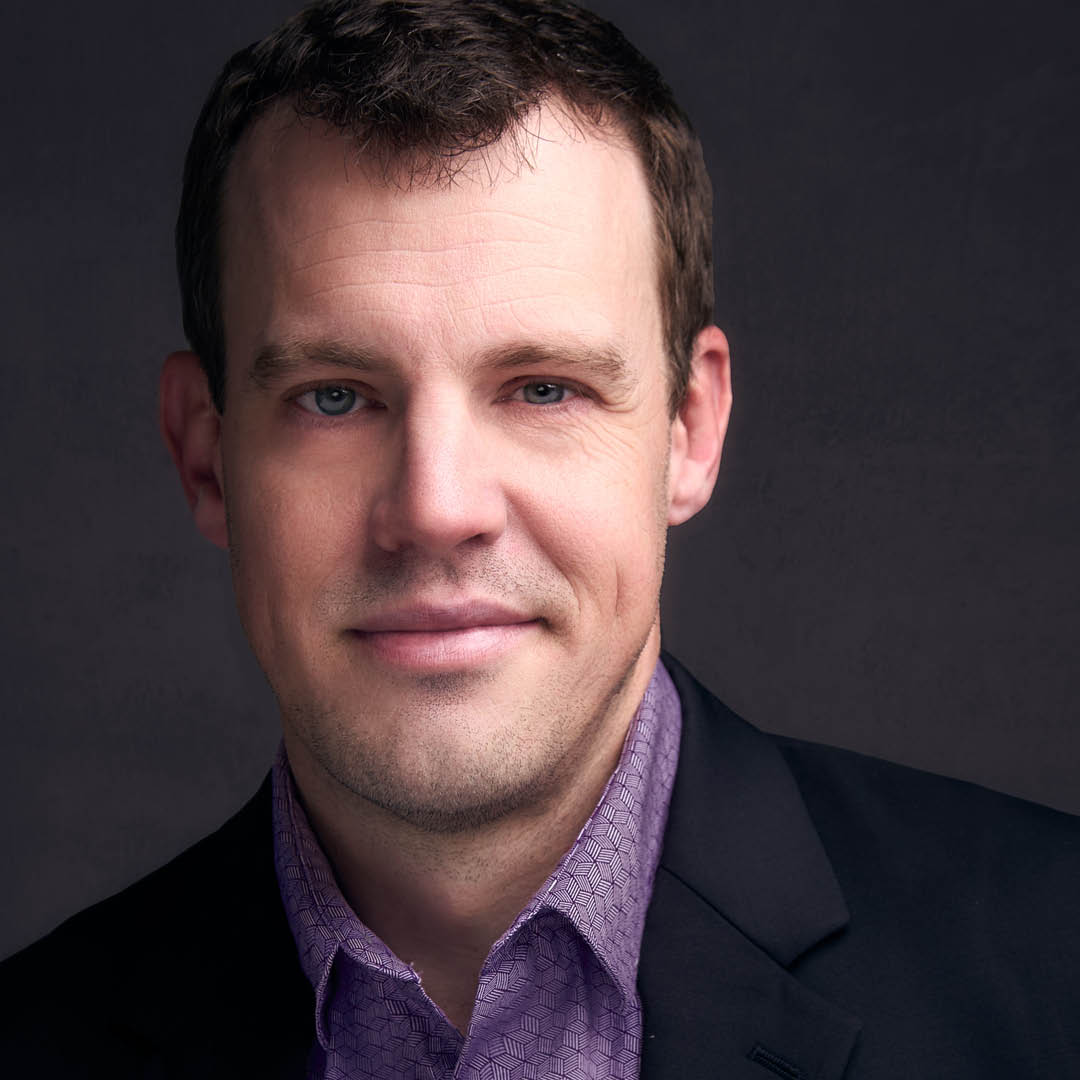
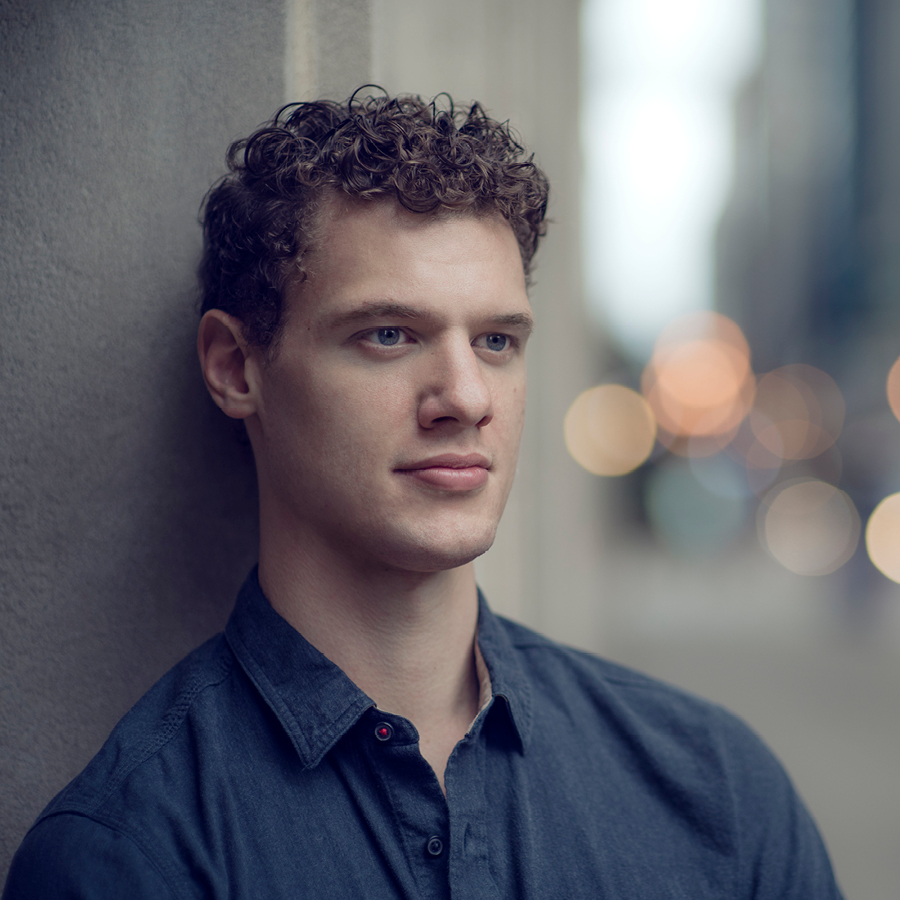
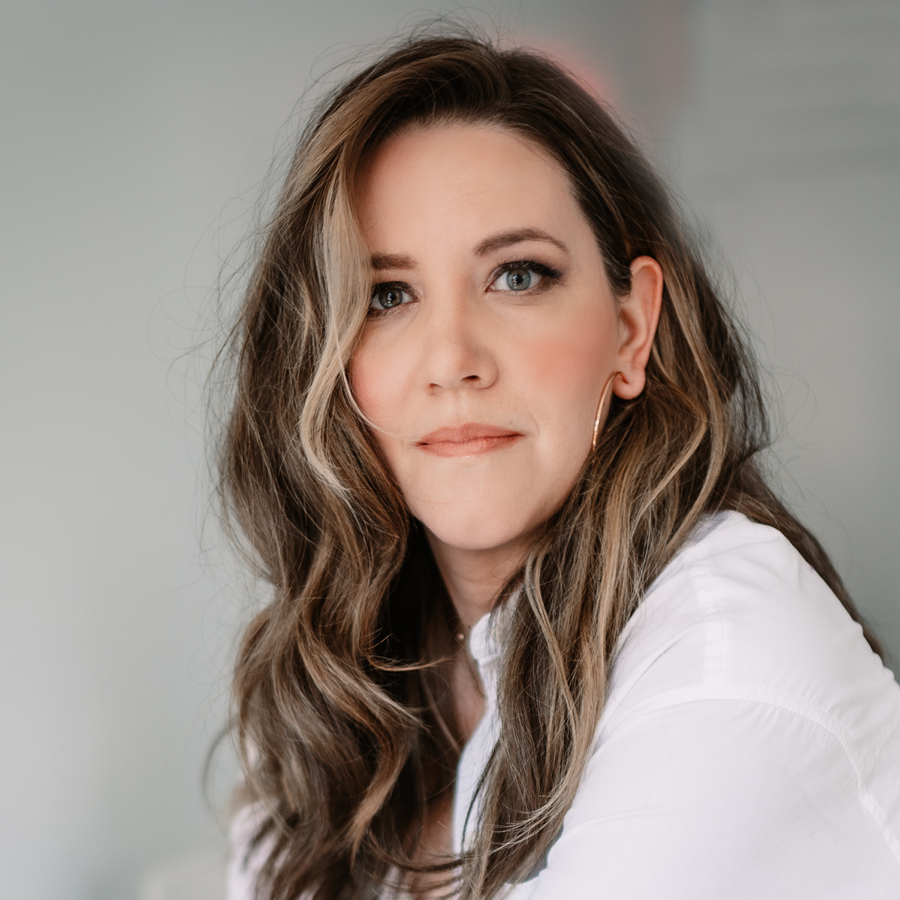
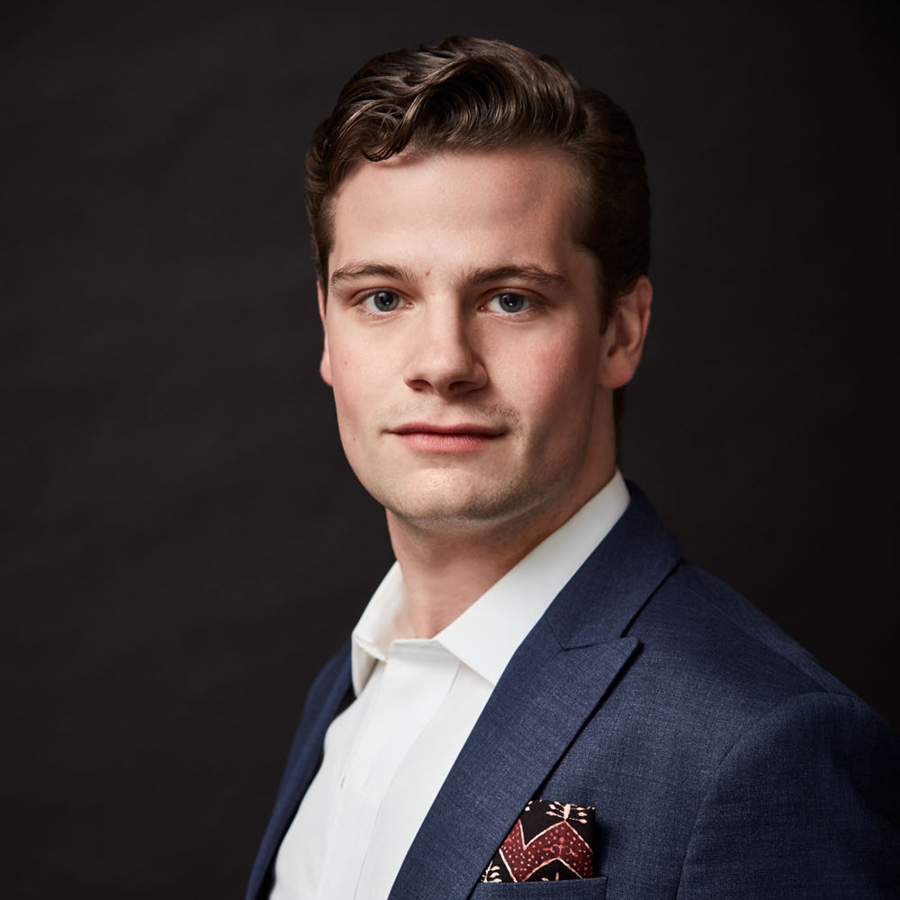
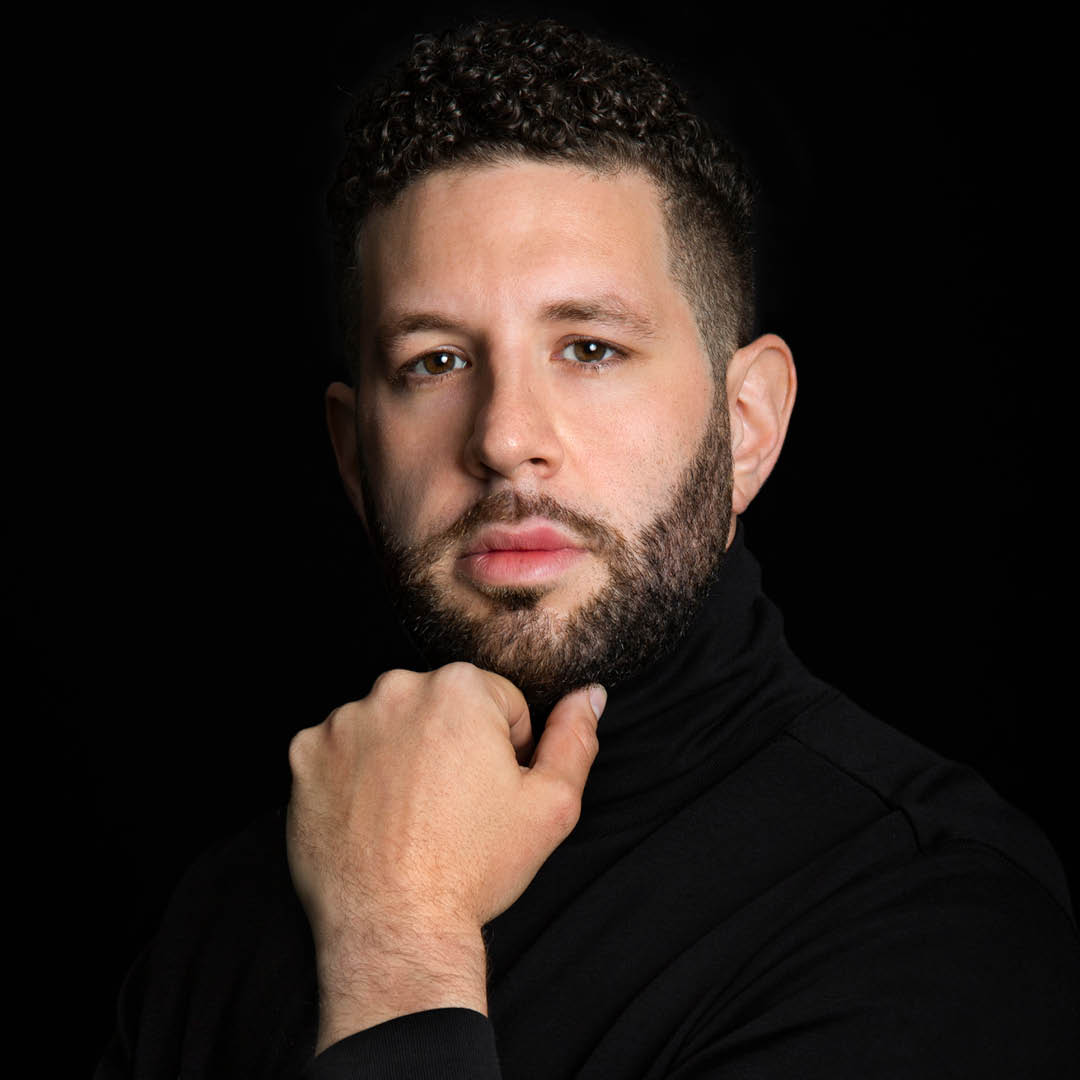

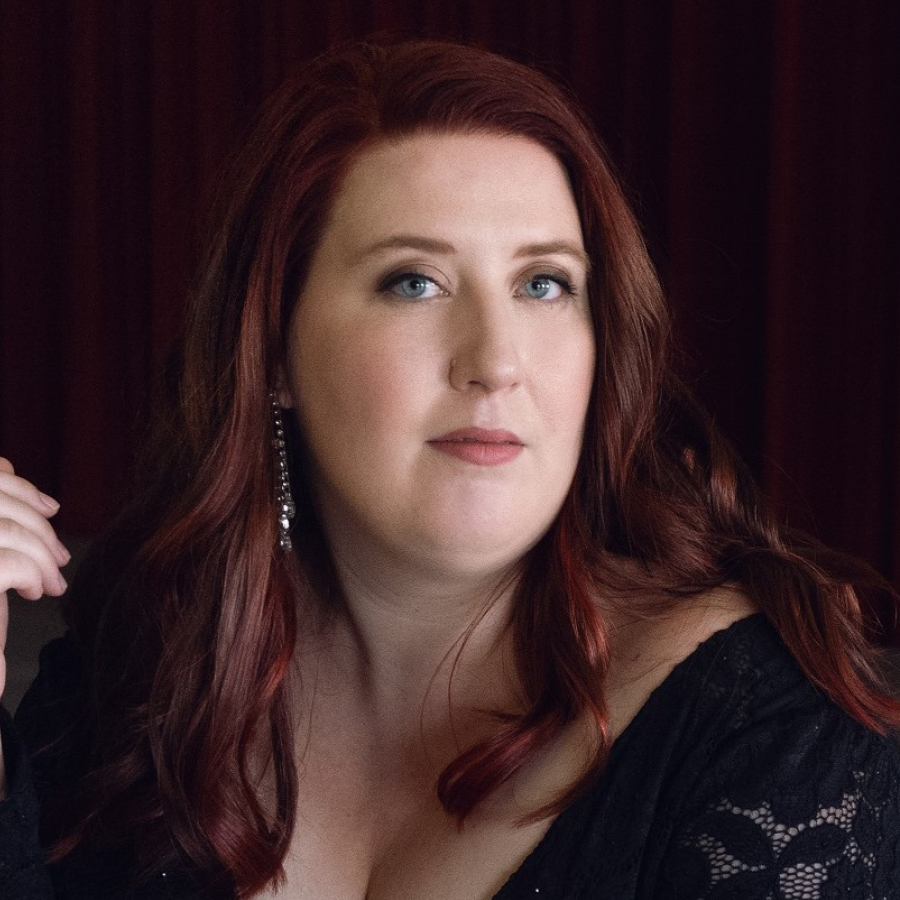

Creative
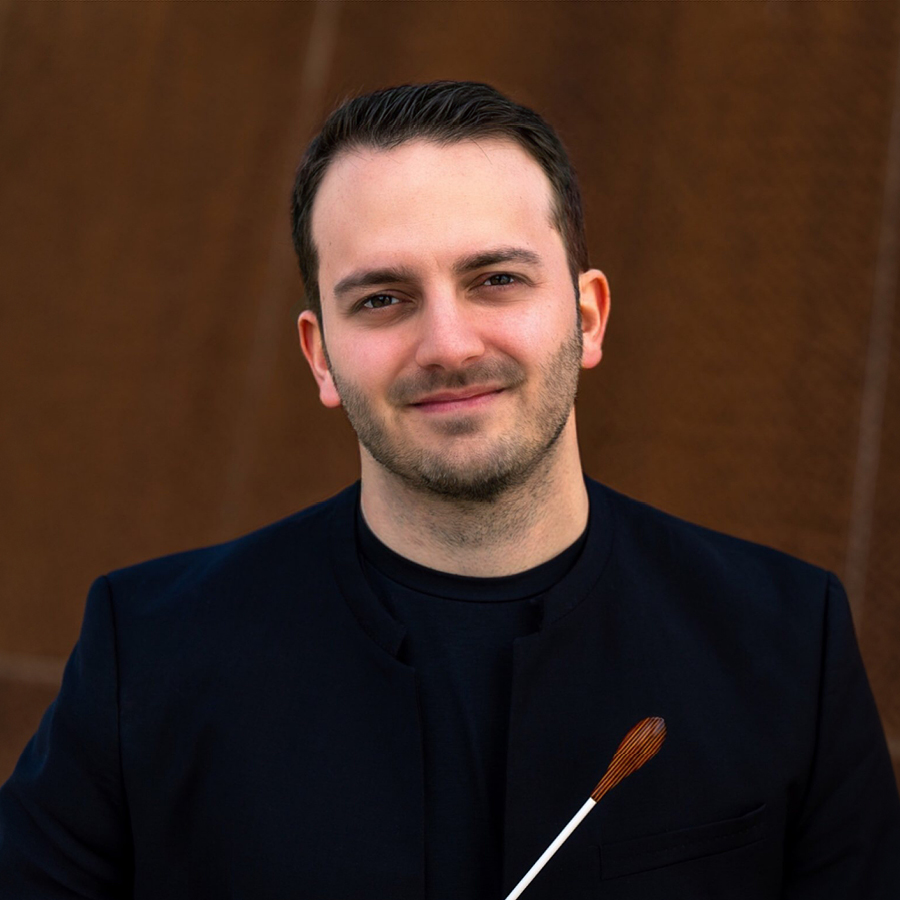
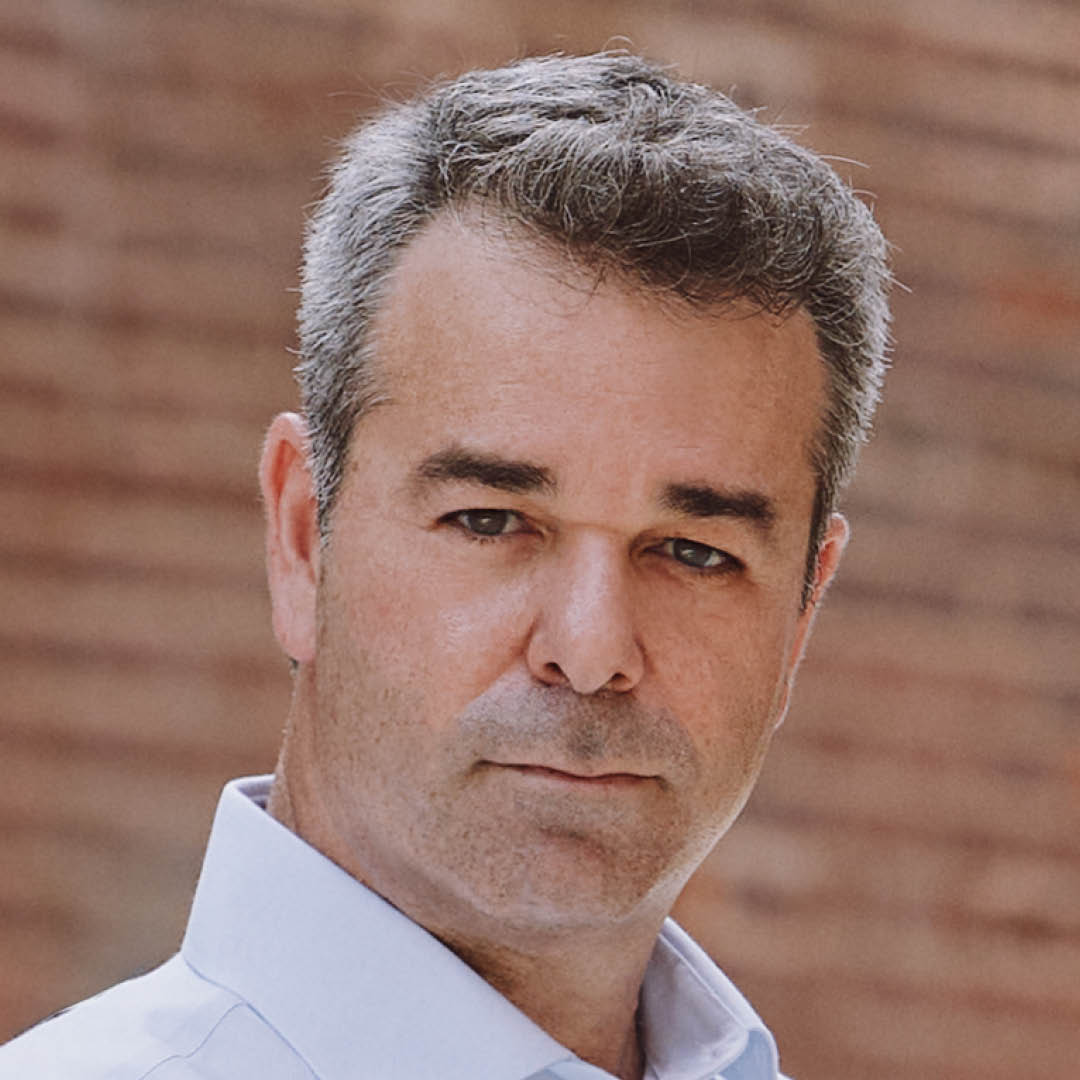

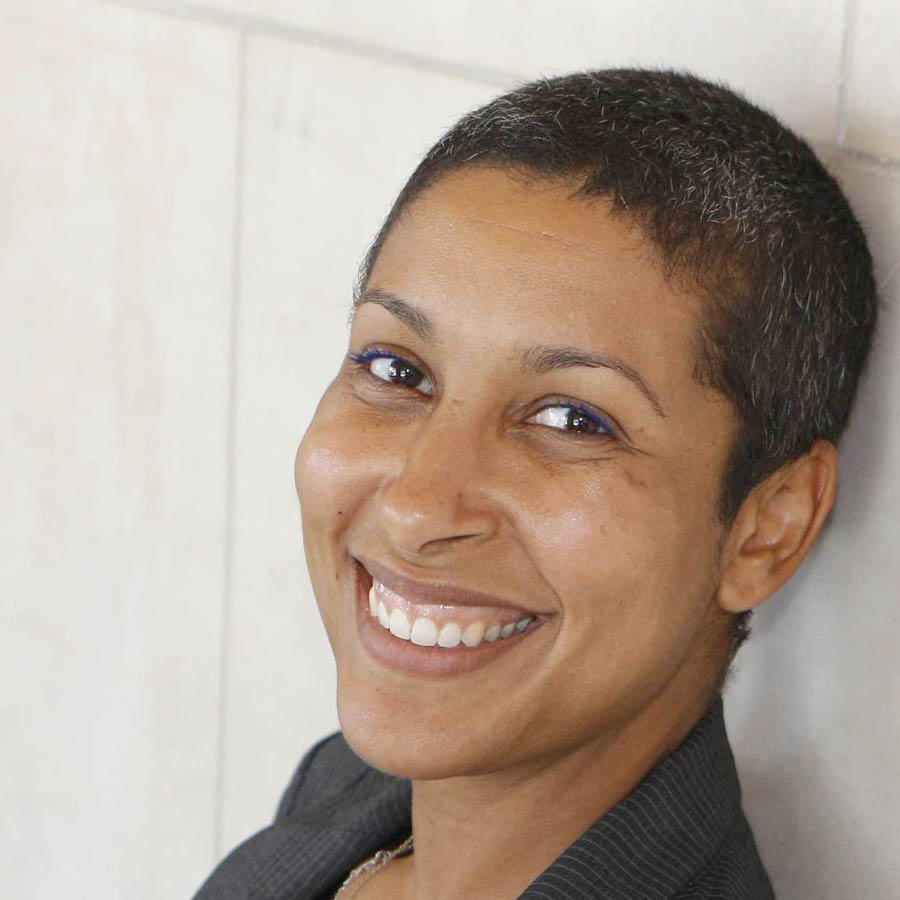
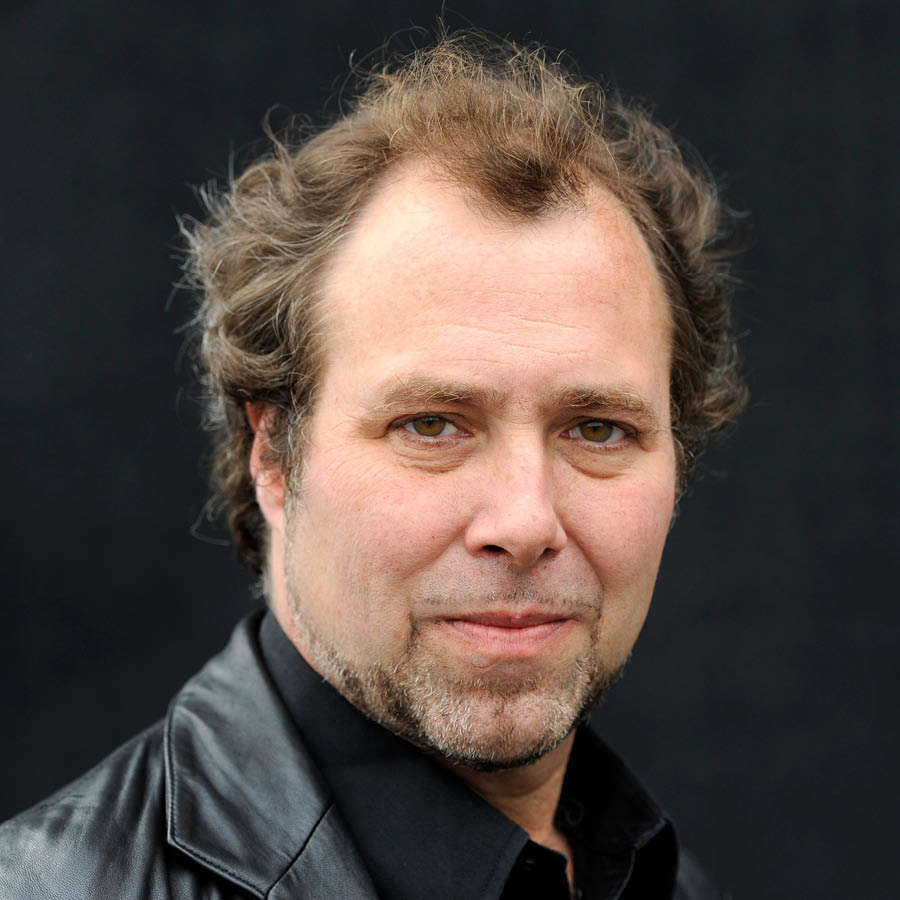
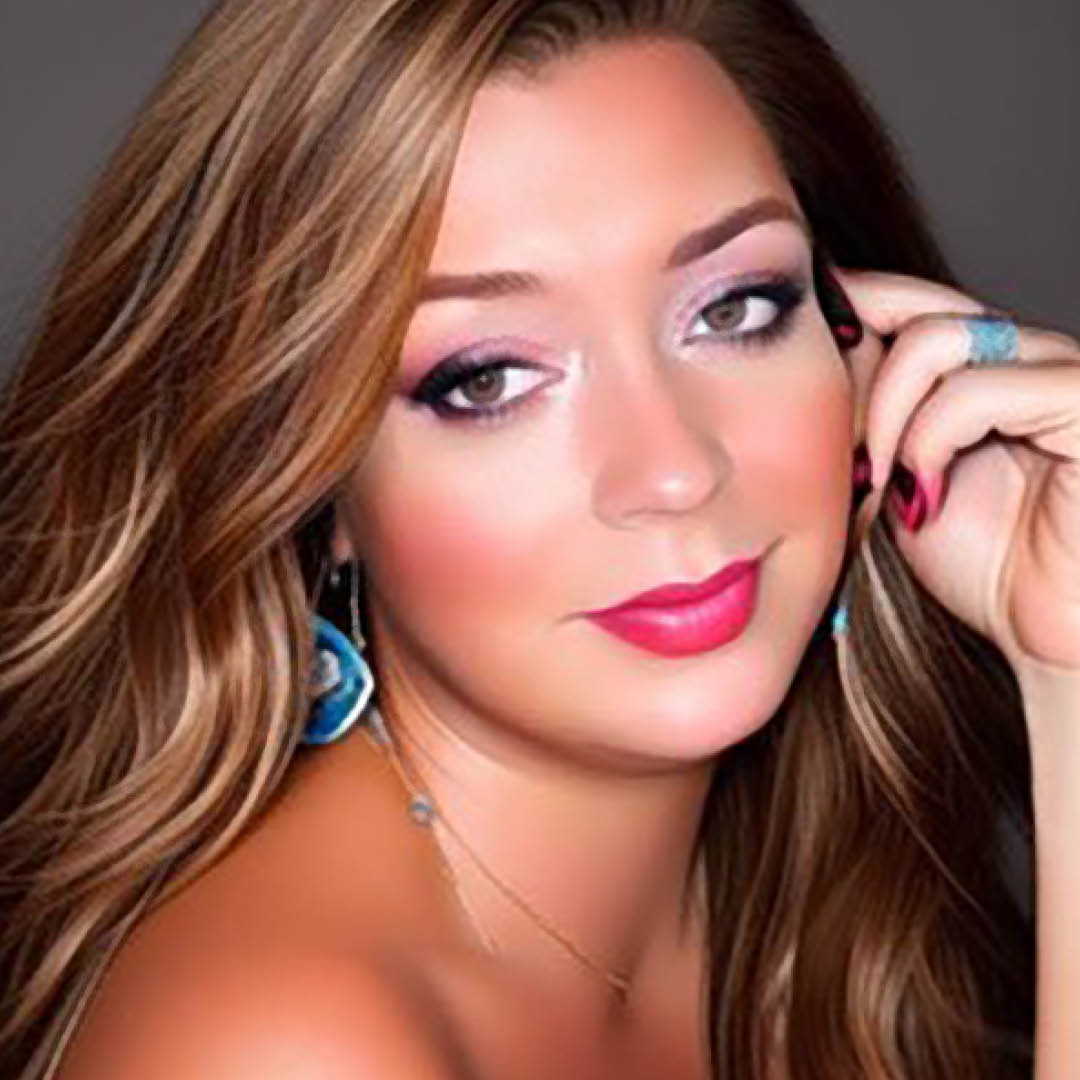

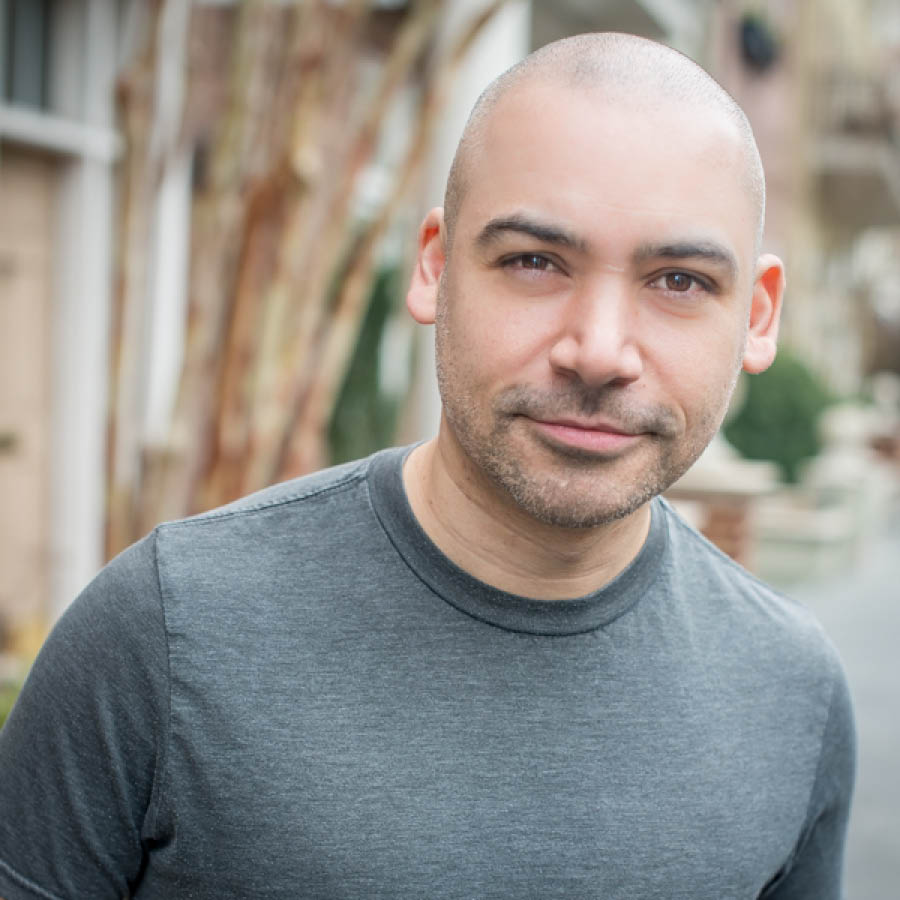
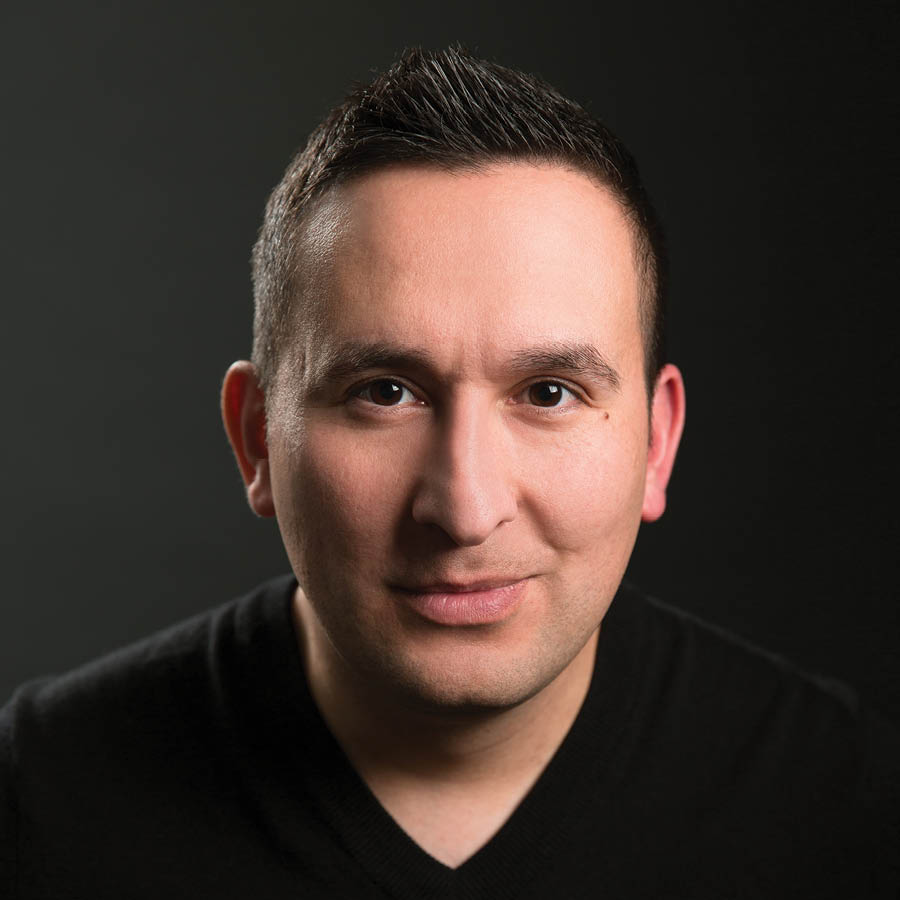
Creators
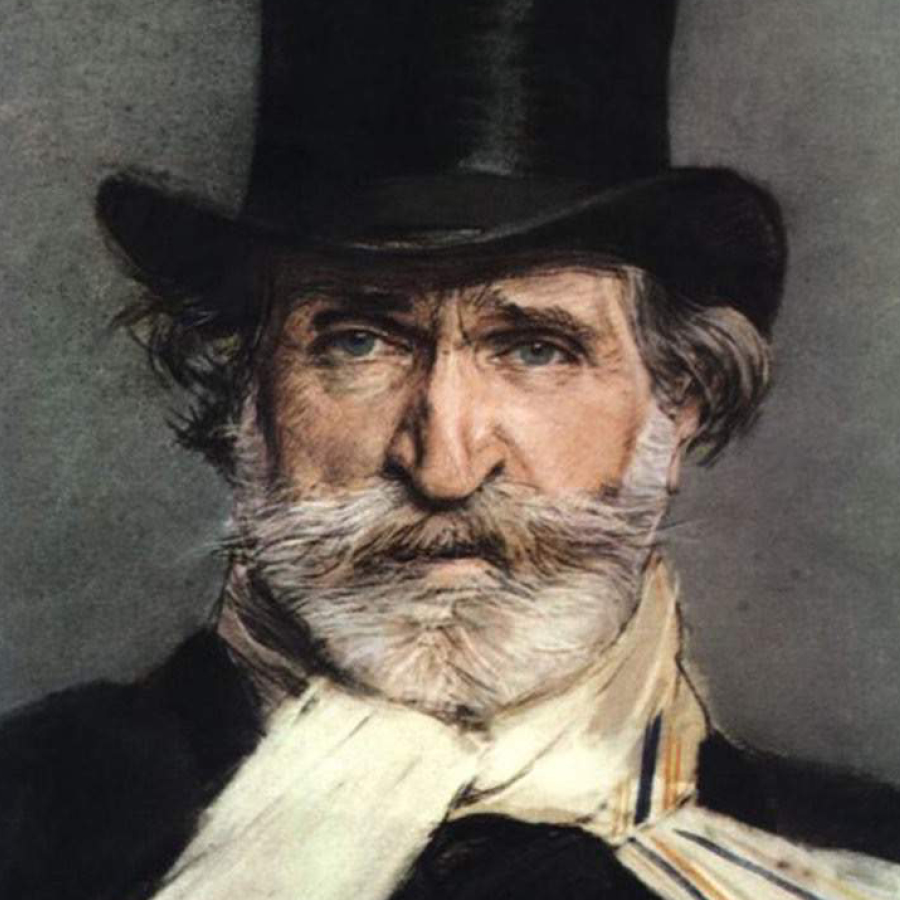
Giuseppe Verdi
Composer
Famed composer Giuseppe Verdi was born Giuseppe Fortunino Francesco Verdi on October 9 or 10, 1813, in the community of Le Roncole, near Busseto in the province of Parma, Italy. His mother, Luigia Uttini, worked as a spinner, and his father, Carlo Giuseppe Verdi, made a living as a local inkeeper.
Verdi first developed musical talents at a young age, after moving with his family from Le Roncole to the neighboring town of Busseto. There, he began studying musical composition. In 1832, Verdi applied for admission at the Milan Conservatory, but was rejected due to his age. Subsequently, he began studying under Vincenzo Lavigna, a famous composer from Milan.
Verdi got his start in Italy’s music industry in 1833, when he was hired as a conductor at the Philharmonic Society in Busseto. In addition to composing, he made a living as an organist around this time. Three years later, in 1836, Verdi wed Margherita Barezzi, the daughter of a friend, Antonio Barezzi.
In 1838, at age 25, Verdi returned to Milan, where he completed his first opera, Oberto, in 1839, with the help of fellow musician Giulio Ricordi; the opera’s debut production was held at La Scala, an opera house in Milan. While working on Oberto, the composer suffered what would be the first of many personal tragedies: His and Margherita’s first child, daughter Virginia Maria Luigia Verdi (born in March 1837), died in infancy on August 12, 1838; just one year later, in October 1839, the couple’s second child, son Verdi Icilio Romano Verdi (born in July 1838), died, also as an infant.
Full Bio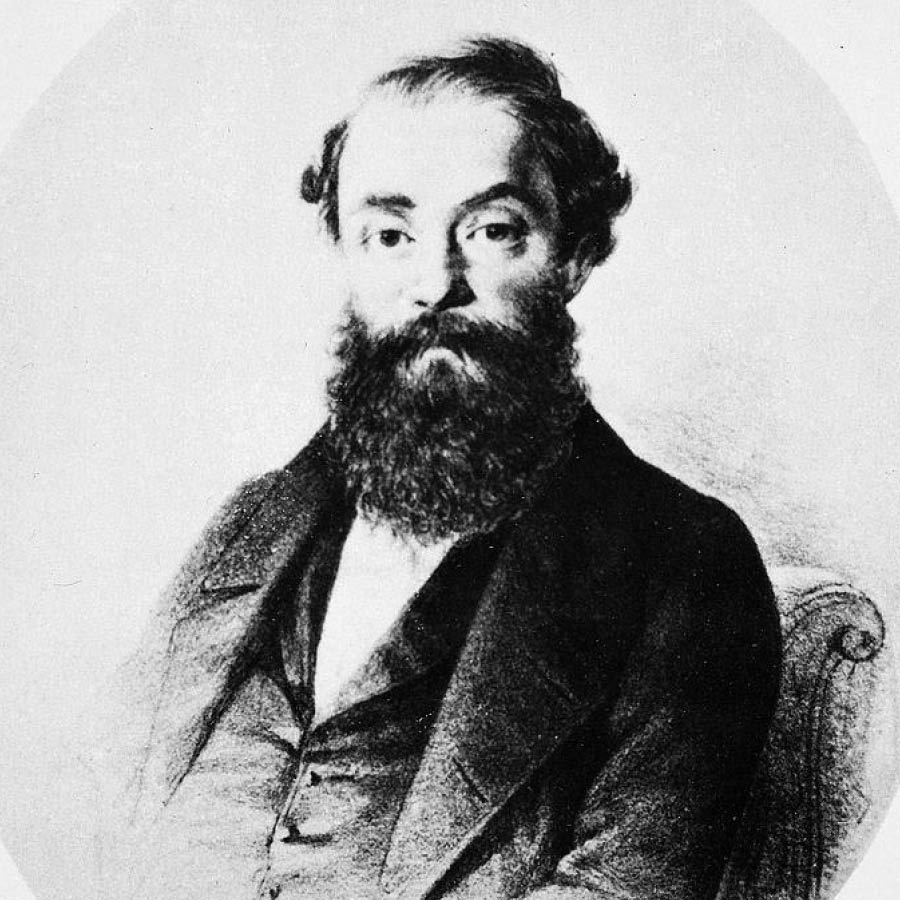
Francesco Maria Piave
Librettist
Piave’s career spanned over twenty years working with many of the significant composers of his day, including Giovanni Pacini (four librettos), Saverio Mercadante (at least one), Federico Ricci, and even one for Michael Balfe. He is most well known for his collaborations with Giuseppe Verdi, for whom he was to write 10 librettos, the most well-known being those for Rigoletto and La traviata.
But Piave was not only a librettist: he was a journalist and translator in addition to being the resident poet and stage manager at La Fenice in Venice where he first encountered Verdi. Later, Verdi was helpful in securing him the same position at La Scala in Milan.[1] His expertise as a stage manager and his tact as a negotiator served Verdi very well, but the composer bullied him mercilessly for his pains over many years.
Full BioCommunity Events
Plan Your Visit
Cobb Energy Performing Arts Centre




